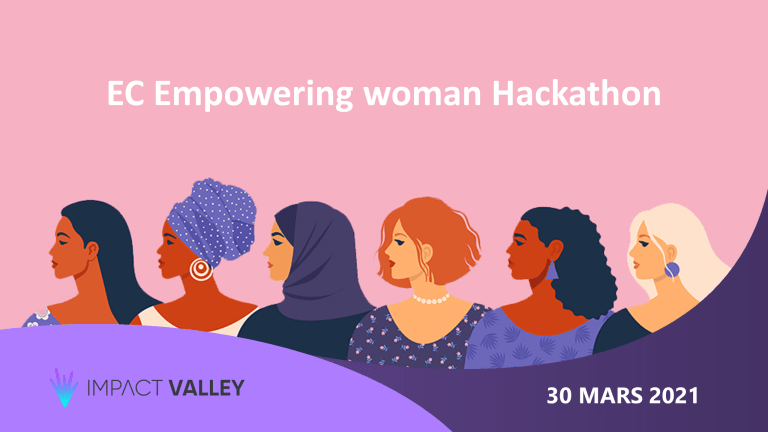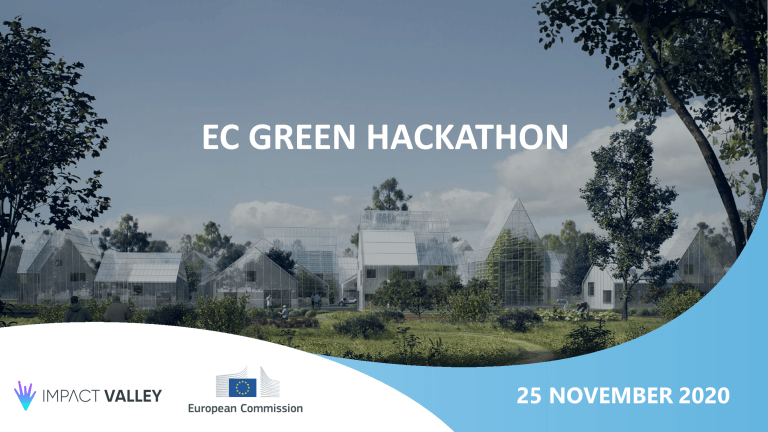
2021 | Bridging

Project Impact
A group of talents was screened through the workshop and many more students are applying to join the company. We also created plenty of good and business-relevant ideas!
Outputs
Touche Pas À Ma Pote — How might we digitalise and expand our activities?
- The team proposed to TPAMP to spend more time on social media, targeting YouTube and Facebook with small videos about the ASBL’s activities. They gathered information on partners the ASBL could reach in another region of Belgium to expand. They proposed platforms like Give a Day to trigger volunteering work and crowdfunding for the ASBL.
L’Ilot — How might we convince private partners to invest in our project of a day centre for women homeless?
- The team proposed a partnership with the European Commission based on two pillars: an awareness campaign on women homeless problematic and salary round-up.
Casa Legal — How might we measure our impact & manage all the demands we receive?
- With a deep understanding of the ASBL, its limits and core values, the team proposed a self-assessment survey that the ASBL could run before accepting a case. The survey will be based on several criteria essential to know before saying YES or NO to a project (how much time, persons involved, feasibility, etc.).
Context
With the crisis, the pro bono activities done on the field (like cleaning the beaches) stopped to protect employees. The institutions’ desire to enrol their collaborators in volunteering activities did not stop with the crisis.
The European Commission CSR advisors Ludmila Handjieva and Janette Sinclair called us to organise a remote volunteering day. They wanted their collaborators not only to bring their energy and time to NPOs but also their skills.
Solution
We are experts in skill-based sponsorship events. We co-designed a 1-day journey enrolling 3 ASBLs and 3 teams made up of nine EC employees from different departments to answer challenges ASBLs are facing.
As part of the March Month for gender equality, we enrolled 3 ASBLs working in the field:
- Touche Pas À Ma Pote, solving the pressing issue for women of harassment in the public space;
- L’Ilot, working to support women homelessness;
- Casa Legal, a group of women lawyers proposing a new way of practicing.
We called this initiative the EC Empowering Woman Social Hackathon. The multidisciplinary team in knowledge and skills made it possible to bring new perspectives and ideas for solutions to NPOs.
A facilitator supported each group in collective intelligence and expert in innovation methodology. The teams went through a specially designed method with the appropriate tools and the day is paced by plenary sessions for sharing of experience and energy.
Approach
A significant part of the success is defined with the client & NPOs upstream. Then, there is the event:
KICK-OFF: 10 days before the event. The perfect moment for each participant to meet their team members and the NPOs they will help.
Between the KICK-OFF and the Event: We send materials to participants about the NPOs.
EC Social Hackathon D-DAY:
- DISCOVER — Participants get to ask all their questions to NPOs leaders. They narrow the challenge to address it better;
- DESIGN — Participants liberate their creativity to find the best idea to solve the challenge;
- DEFINE — Participants describe in detail the solution;
- DEVELOP — Participants build the pitch they deliver at the end of the day.
2020 | Bridging

Outputs
Circular Economy — How might WORMS find tools, channels, methods and targets to reach people?
⇒ Make the Compost COOL and known thanks to a system of Ambassadors. They want to create a movement/community. Concretely they will:
- Launch a challenge “Compost bucket challenge” (in smaller specific target group, create engagement/ownership of the movement);
- Letter, campaigning;
- Co-manage it with other associations;
- Ultimate goal: integrate it into the mainstream public authorities.
Biodiversity — How to capitalise on internal skills to make La Ferme du Parc Maximilien more effective, more noticeable and attractive for a large audience?
⇒ To make La Ferme du Parc Maximilien more attractive, they want to propose:
- Different type of events like gardening, mindfulness or composting activities;
- Unite the marketing of products conceived at the farm;
- The communication must also be improved through the already existing website and make it available in other languages (English/Dutch).
Sustainable Food — How to make sure that each of GASAP’s volunteers (we call our “mangeurs”) become an advocate of the network and its values?
⇒ They want to empower the volunteers (that are also the beneficiaries of baskets of vegetables) by improving the feedback loop and propose a new communication plan so more people become actors of their food. They want GASAP to better understand their consumers by entering in contact with them more often by creating fun activities for meeting. Concretely, they want, for now, to organize a GASAP day at the European Commission and produce content for social media for the ASBL.
Testimonial
“It’s not only about the solution the participants have brought, but it’s also about the whole process they have been through. We noticed that some of the ideas they have evaluated during the hackathon were very similar to what we foresee to implement. It’s a great relief to see we are taken seriously in our ideas and that we are supported by a team of motivated people.” — Benoit, WORMS.
Context
With the lockdown, the pro bono activities stopped to protect employees. But the desire of the institutions to enrol their collaborators in volunteering activities did not stop with the crisis.
The European Commission CSR advisors Ludmila Handjieva and Janette Sinclair called us for organising a remote volunteering day as a part of the “Volunteer for a Change” initiative. They wanted their collaborators not only to bring their energy and time to NPOs but also their skills.
Solution
We are experts in skill-based sponsorship events. We co-designed a 1-day journey enrolling 3 ASBLs and 3 teams made up of eight EC employees from different departments to answer challenges ASBLs are facing.
We called this journey the EC Green Hackathon. The multidisciplinary team in knowledge and skills made it possible to bring new perspectives and ideas for solutions to NPOs.
Each group was supported by a facilitator in collective intelligence and expert in innovation methodology. The teams went through a specially designed methodology with the appropriate tools and the day was paced by plenary sessions for sharing of experience & energy.
Approach
First of all, a major part of the success is defined with the client and NPOs upstream. We defined the specific themes the EC wanted to tackle based on their CSR strategy of the year: Circular Economy, Sustainable Food & Biodiversity.
Based on those themes, we selected the most appropriate NPOs in our network, SEE U based NPOs WORMS, GASAP & La Ferme du Parc Maximilien.
We organised alignment meetings with NPOs to define the challenges to tackle in a day with EC collaborators based on their vision, needs, impediments & challenges. The goal of this phase was to onboard the client & the NPO. We make sure that the connexion between the 2 worlds can be done without friction. Once we have all the information, we started designing the journey.
KICK-OFF: 10 days before the event. The perfect moment for each participant to meet their team members and the NPOs they are going to help.
Between the KICK-OFF and the Event: We have sent materials to the participants about the NPOs. They also had to complete missions to learn more about the ASBLs core missions.
EC Green Hackathon D-DAY:
- DISCOVER — Participants got to ask all their questions to NPOs leaders. They narrowed the challenge to better address it;
- DESIGN — Participants liberated their creativity to find the best idea to solve the challenge;
- DEFINE — Participants described in details the solution;
- DEVELOP — Participants built the pitch they delivered at the end of the day.
Feedbacks and Impact Assessment: After the event, we collected information from participants to assess the impact we had on the NPOs and team members. Several criteria are capital for us:
- Training: on the innovation methodology;
- Collaboration: between participants to co-create and between participants and the NPO’s world;
- Impact: the solutions are viable, environmentally and socially compatible, inclusive and that NPO can develop.

Contact Us
We Can Help
We would be pleased to exchange with you on your Sustainability Challenges. Where are you at? Where do you want to be? What could be your next steps? Let’s have a chat!
Email: hello@impact-valley.com
Phone: +32 478 45 23 63
